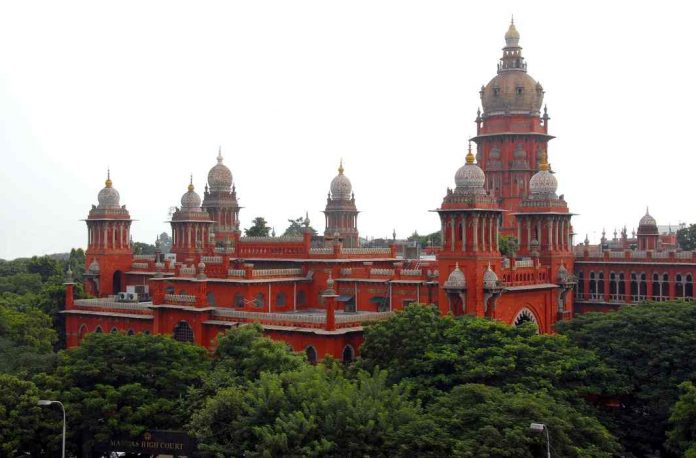The Madras High Court has dismissed a Public Interest Litigation (PIL) alleging private respondents have swindled the funds of Government-allotted free housing scheme.
The PIL, filed by one P.S. Deivakumar, sought a direction to the respondent authority to consider the representation given by the petitioner on 15.03.2022.
It was stated in the petition that those who had not completed the construction, have been sanctioned the amount of Rs 1.70 lakh and therefore, there was a mass misappropriation of money.
The allegation has been made pursuant to the information given to the petitioner under the Right To Information Act pertaining to Cuddalore District. The list of beneficiaries with status
has been given. According to the petitioner, the construction is not completed by many beneficiaries, yet, the total amount has been given to them.
Considering the PIL , the Division Bench of Chief Justice Munishwar Nath Bhandari and Justice N. Mala observed that the petitioner had not named those beneficiaries
who had been extended first a sum of Rs 10,000, followed by Rs1.70 lakh, but did not construct the house. Thus, the writ petition suffers from vagueness and has been filed without proper research.
“The filing of public interest litigation without proper research and in a casual manner has been deprecated by the Supreme Court time and again. The Apex Court in B.P. Singhal v.
State of T.N. [(2004) 13 SCC 673], while dealing with a public interest litigation, dismissed it on the ground that it lacked material particulars and the averments made were by and large based merely on newspaper reports and not with personal knowledge,” the bench further observed.
Further, the High Court said that in matters of Public Interest Litigation, the Supreme Court has time and again cautioned that the Court has to be satisfied about (a) credentials of the petitioner; (b) prima facie correctness or nature of information given by him; and (c) the information should not be vague and indefinite. In the case on hand, the
averments are vague and unsubstantiated.
The Apex Court in the case of S.P. Anand v. H.D.Deve Gowda [(1996) 6 SCC 734], held that a person filing a public interest litigation owes it not only to the public, but also to the
Court that he does not rush to the Court without undertaking any research to raise the issues in the public interest litigation. The Apex Court warned that “a good cause can be lost if petitions are filed on half-baked information without proper research or by persons who are not qualified and competent to raise such issues as the rejection of such a petition may affect third party rights.”
“In the light of the above and looking at the facts of this case, the direction sought by the petitioner cannot be granted, as the writ petition suffers from vagueness. Accordingly, this writ petition is dismissed. There will be no order as to costs,” the order reads.


